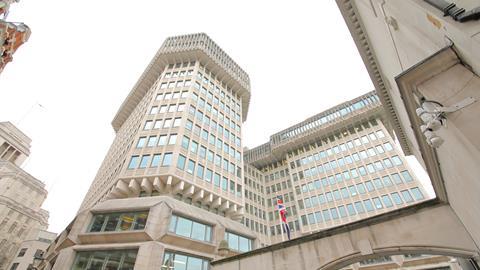Removing arbitrary limits on remote working, interim payments at earlier stages of a case, less micromanagement by civil servants and an immediate £11.3m injection to boost fees that have not risen for 28 years. These are just some of the measures that would put the fragile civil legal aid sector back on a sustainable footing, the Law Society has told the government’s civil legal aid review.
In a 62-page submission to the Ministry of Justice’s call for evidence, Chancery Lane said civil legal aid had been allowed to fall into a state of decline that failed to deliver one of the department’s primary objectives – delivering access to justice.
Asked for short-term changes that would improve the system, the Society said fees for early advice work, known as legal help and controlled representation, should be raised by 15%. This would cost £11.3m a year.
The 50% limit on remote working with clients should be removed. Providers were well aware of the need to provide in person advice but Legal Aid Agency quotas should not dictate how services are offered, the Society said.
Office requirements should also be removed. ‘Premises constitute the main overhead after staff costs, and one that for an increasing number of providers may not be essential for maintaining effective service delivery. For mental health providers their clients are often detained in mental health hospitals and therefore do not attend offices, in these circumstances the office requirement is superfluous and expenditure on premises unnecessary,’ the Society said.
Longer-term changes include increased fees, widening the scope of legal aid and less bureaucracy.
‘The civil specification is full of rules about how casework is to be carried out and recorded. For example, a significant problem that arose in family cases was that to progress from level 1 to level 2 fees, the rules required that the solicitor has a second meeting with the client, even when this is completely unnecessary for the conduct of the case,’ the Society said.
The submission contains shocking figures that highlight the fragility of the sector in the face of increasing demand for help. In education, for instance, only 13 firms are available to support almost 8,000 appeals to the Special Educational Needs and Disability tribunal.
The Society has also published updated heatmaps that continue to show millions of people without access to a local legal aid provider.
Society president Nick Emmerson said: ‘It would not take a huge sum of money in terms of overall public expenditure to tackle the crisis and the savings in other areas from solving people’s problems early would more than offset the cost. We urge the government to use its civil legal aid review to invest in the system and ensure there is a future for this vital public service.’
The review is expected to conclude by the end of March. Any final policy decisions should appear later this year.
This article is now closed for comment.




























8 Readers' comments